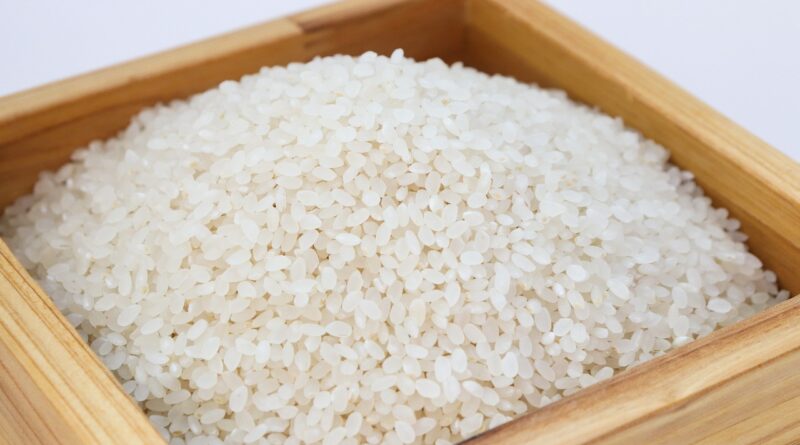Waning supplies prop up India rates to 4-month peak, Thai prices rise.
Prices of parboiled rice exported from top hub India jumped to their highest level in four months this week, while strong demand and shrinking supplies supported rates for the Thai variety.
Rates for India’s 5% broken parboiled variety were quoted at $525 to $535 per ton this week, their highest levels since September, rising from last weeks $510 to $517 range.
Despite sluggish demand, prices are rising due to reduced paddy availability caused by strong government buying, said Himanshu Agarwal, executive director at Satyam Balajee, a leading exporter.
Thailand’s 5% broken rice prices were quoted at $665 per ton on Thursday, climbing from last week’s $648-$650 per ton.
Thai traders noted strong demand from Indonesia and some from African markets drove the prices higher.
‘There is lots of new demand from Indonesia after they announced plans to buy rice from many countries, creating lots of activities for the market, which drove up the price,’ a Bangkok-based trader said.
Supplies have also dropped, which also contributed to price increases. Traders said new supply is expected to enter the market around next month.
In Vietnam, prices of the 5% broken rice were steady at $653 per metric ton, remaining at the same levels seen in the past three weeks.
‘Demand is not strong at the moment as buyers are awaiting new supplies from the winter-spring harvest,’ said a trader based in the Mekong Delta.
‘We expect this year’s exports to possibly hit $8 million tons, same as 2023 (levels), as global demand for Vietnamese rice will remain strong,’ the trader added.
Rice prices in Bangladesh have gone up by 5 Bangladeshi Taka ($0.0457) this week despite good yield and reserves, which the government blamed on hoarding by unscrupulous businesses to make windfall profits.
The country’s food minister, Sadhan Chandra Majumder, warned millers and traders to bring down prices, or else stern action will be taken against those stockpiling.
This article has been republished from The Business Standard.

